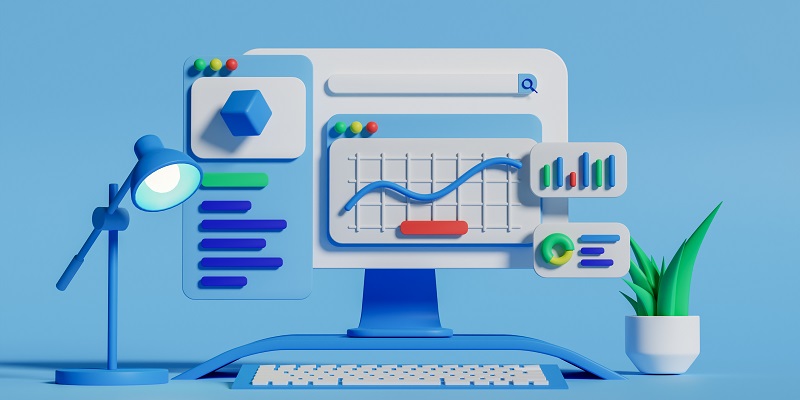As a business, what is the key to success? Exceptional service, innovative strategy, and quality products are definitely critical factors. However, none of this matters if you cannot build customer loyalty. And how do you build loyalty, you ask? Personalization. Personalization is paramount in today’s market. Customers are looking for personalized communication that meets their needs, preferences, and interests. So, how can businesses deliver this kind of personalization and build customer loyalty? It’s simple – through data-driven personalization.
Importance of Personalization in Consumer-Brand Relationships
According to a report by Salesforce, 72% of consumers and 89% of leading brands consider personalization essential to their relationship. To put it simply, personalization is not just a “nice-to-have” feature; it is crucial for business success.
The report further confirms that personalized communication is highly in demand. With customers being overloaded with information, generic messages or offers fail to catch their attention. However, 61% of customers are more likely to buy from a brand that creates tailored communication, increasing the engagement level.
The role of data-driven digital engagement in personalization
The only way to deliver convenient, timely, and personalized communications is through data-driven digital engagement. This technology makes it possible to automate, analyze, and generate optimized experiences across various platforms, channels, and devices.
Data-driven personalization means using the power of customer data to deliver tailored messages, offers, and experiences. Customer engagement leaders who make data-driven personalization investments report increased customer retention, conversion, and long-term loyalty.
The benefits of data-driven personalization investments for customer engagement leaders are
1. Increased customer retention
63% of businesses that have invested in data-driven personalization have seen a significant improvement in their customer retention rates.
2. Higher Conversion Rates
Almost three-quarters (74%) of businesses that invested in data-driven personalization also saw an increase in conversion rates.
3. Long-term loyalty
Data-driven personalization ensures that the customer feels valued and enhances their brand loyalty, which means they are more likely to stick with your brand even when faced with competition.
Negative impact of the lack of personalization on brand loyalty
A study found that 66% of consumers would stop using a brand if their experience is not personalized. This, despite having a good product or service, shows the paramount need for creating a personalized experience.
The Importance of Interaction Data for Personalization
Activating the interaction data you’re collecting is key to closing this personalization gap. By using the interaction data from previous orders, observing which pages they visited last, and which links they clicked on the most, businesses can create a tailored experience that will increase engagement, and therefore, brand loyalty.
Impact of personalized experiences on brand loyalty
The correlation between personalized experiences and brand loyalty shows that the more personalized your communication, the more connected the customer feels. A study has shown that 86% of customers confirmed that personalized experiences increased their loyalty to brands.
This study additionally found that the vast majority of customers are willing to share their data in exchange for personalized experiences. However, it is important to note that this data has to be first-party data.
Preference for First-Party Data in Personalization
Nearly two-thirds (65%) of customers who took part in a study said they would prefer that brands use only first-party data in personalizing their experiences. This is because first-party data is the most authentic source of customer data as it is directly obtained through interactions with them.
While a majority of customers are pushing for first-party data, a large percentage of brands still report dependence on third-party data. According to another report, 81% of brands say they are still reliant on third-party data alone, even as they prepare for life without third-party cookies.
Importance of zero-party and first-party data collection in personalization
For many companies, data collection is no longer adequate to achieve satisfactory personalization levels. Zero-party and first-party data collection are now essential for brands that want to deliver high-quality customer engagement.
Zero-party data is the data that the customer willingly provides, such as subscription and preference information. First-party data, on the other hand, is the data that the company collects through interactions with its customers. By using this data, brands can personalize their marketing communications based on customers’ preferences and interests.
The key to building customer loyalty is personalization. Through data-driven personalization, businesses can create more personalized interactions that deliver greater value, increased customer retention, higher conversion rates, and long-term loyalty. The use of zero-party and first-party data collection and activation creates a tailored experience that boosts engagement, loyalty, and customer satisfaction. Companies that integrate real-time, zero, and first-party data in their customer engagement strategy will reap the benefits of increased lifetime customer loyalty. Embracing data-driven personalization today can create customers that stick around for the long term.

